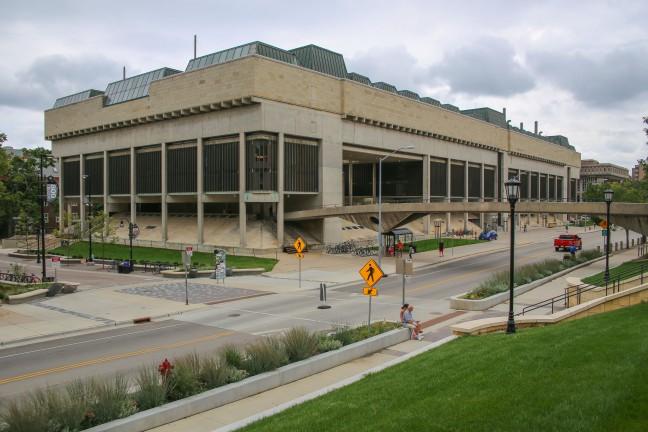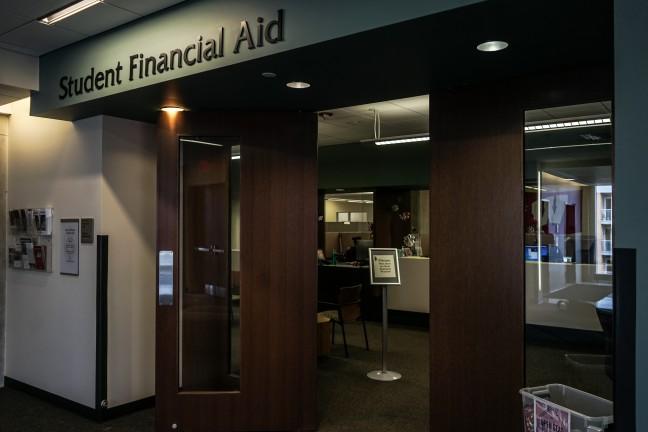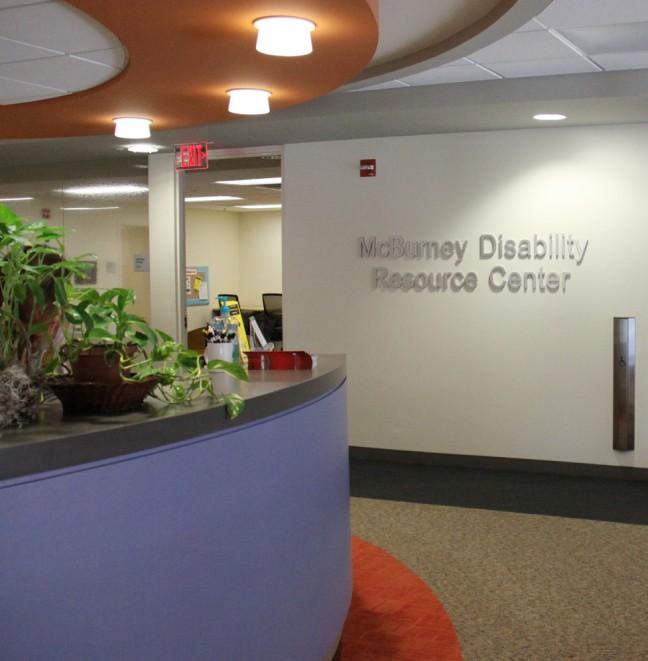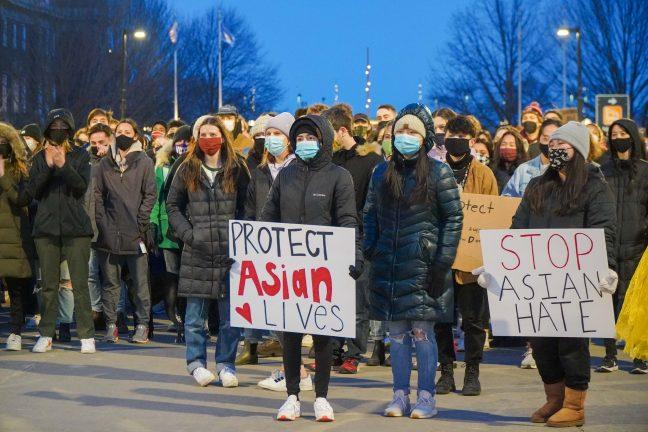As students, many of our conversations are about the future. For example, the ubiquitous, “what do you want to do with your major?” And when looking towards the future, studying the humanities makes sense regardless of unemployment numbers.
A 2013 study by Georgetown University measured unemployment by college major. The results are not surprising. The rate of unemployment for a recent graduate with a humanities major is 1.7 percent higher than for a science major, and 1.5 percent higher than for a business major. But as any student of the humanities knows, numbers do not tell the whole story.
As the study notes, degrees that are tied to a specific industry are also tied to the current market in that industry. This explains why architectural graduates experience the highest rates of unemployment in a desolate housing market.
Broadly, the humanities comprise the studies of history, philosophy, religion, languages and literature — those disciplines so often deemed “useless” or “soft.” Despite those characterizations, however, studying the humanities means that you are not tied to one specific field, but rather are prepared for a wide variety of jobs.
These are not only the commonly assumed to be humanities-based jobs, but include some jobs that simply are not around today. When we think about the future, we are not thinking far enough.
As our world becomes more connected, it is rapidly becoming more complex. Catastrophic environmental shifts and bewildering technological developments will soon render our world unfamiliar. What will we do when much of human labor becomes obsolete to the emerging revolution robotics, Big Data and artificial intelligence?
We will need the skills to deal with these new challenges, and challenges yet unforeseen; the humanities equip us with just these skills.
The humanities have never been about idle musing, as they are popularly portrayed, but rather learning how to pursue the wisdom to lead a good, happy and meaningful life. When rates of anxiety and depression are high among young adults, this doesn’t seem like such a bad prospect.
As we look into our individual and collective futures, we must truly consider the complexities of a changing world.
Certainly, we need good scientists, smart business people and able engineers. But for those with the interest, we also need strong humanist thinkers, capable of tackling life’s big problems and setting a resilient and ethical course into an uncertain future.
Sam Gee (sjgee@wisc.edu) is a junior majoring in history and religious studies.














